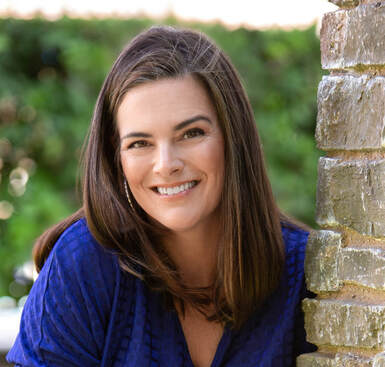
Listen to the episode by clicking the link to your preferred podcast platform below:
Curiosity is something we’re born with—it’s innate to who we are as human beings. And when we look at children, we see that curiosity and wonder show up every day as they interact with and experience the world around them. But, as they move through the school system, that curiosity is often stamped out through rules, standardized testing, and prescribed learning outcomes. Gail Swift, guest on a Time for Teachership podcast episode, shared that her biggest motivator is to reclaim that sense of curiosity in education. Her primary way of doing this is by helping students and educators learn about their aptitudes—innate gifts and skills they have that helps motivate them and inspire action. Embracing Your Theme There are a lot of things that are out of the control of educators. But there’s also a lot that is within our control, primarily what goes on in the classroom. Gail recommends that teachers identify a theme for their class or department that helps focus and guide decision-making. For example, Gail’s main theme is to raise up contributors—students who are active participants in their learning, education, and society. To be an active contributor, they need to be curious, creative, and empowered to make decisions. Once you have a clear theme, you use it as a benchmark for all daily decisions. If you are raising active contributors, ask: does sitting for hours at a time support the theme? Does clothing choice support the theme? Do my curriculum choices fit the theme? Centering decision making on themes can help educators establish what is important and what’s not. This also helps them focus on what’s within their locus of control versus what’s not. Student Aptitudes and Decision-Making Gail’s primary tool for raising up active participators is by teaching students and teachers about their aptitudes. Aptitudes are innate skills, abilities, and gifts—it’s how each person uniquely views the world and takes action. With the Student Aptitude Quiz, participants learn about how they make decisions. There are four main needs people have to make decisions:
This is equally important for educators to know about. Gail pointed out that most teachers are similar in the way they teach. Typically, teachers have a high need for information and organization and a lower need for risk and hands-on experiences. So, if you have a student in your class who learns differently than you teach, there’s going to be frustration. But if both teachers and students learn more about their aptitudes, they can find the way that works best for them. Teachers can learn how to teach diverse students and students can learn their strengths and capitalize on them. Educators strive to empower their students. Two ways to do this is to get clear on your theme—what’s the driving goal of your work?—and to learn about each student’s unique aptitudes and skills to help them learn better. To learn more about Gail’s work, check out Plans to Prosper Coaching. And if you want to hear her full interview, check it out on the Time for Teachership podcast along with other interviews and content. Click to Tweet: https://ctt.ac/br7f_
0 Comments
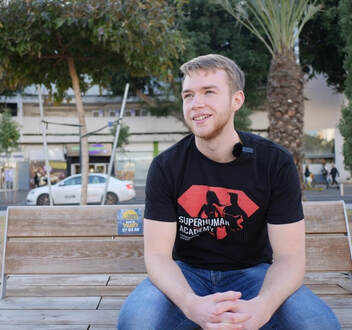
Listen to the episode by clicking the link to your preferred podcast platform below:
Ask someone what the purpose of school and the educational system is, and they’ll say: to help students learn and prepare them for the future. But what kind of future are we preparing them for? Ideally to live as happy, healthy, whole members of a democratic society. Does the current education system really do that? Collin Jewett was a recent guest on the Time for Teachership podcast. From his perspective as an accelerated learning and memory coach, schools are authoritarian in structure and operate on top-down decision-making. Is that the best way to prepare them to live in a democratic society? From radical systemic overhaul to practical next steps, Collin shared his ideas on how we can get back to what learning is all about: helping students find their own personal journey of discovery. The Purpose of Education The education system as it currently exists is a product of the industrial system. As Collin described, our society needs people to fill certain roles and education helps shape them into that. The result of this is the commodification of students and learning, focused on outcomes and specific data points. But we know that the education system is broken and not serving all students. So, it’s time to think critically and ask some questions:
Learning as a Personal Journey of Discovery Collin defines learning as a personal journey of discovery. To make this a reality, we need to democratize education. Students need more say than they have on the student leadership committee, just making decisions about prom or other events. For them to learn they need to go on a personal journey, which requires a choice and autonomy. An example of this in practice is Sudbury Valley School, where Collin has visited and researched. They have a radical—though we can question if it should be deemed such!—model of learning that includes democratic decision making, no formalized classrooms, and complete freedom for students to do what they want. And here’s the thing--it works. Follow up studies on Sudbury Valley’s graduates show that they’ve gone on to ivy league schools, successful jobs, and entrepreneurship. Practical Steps for Educators Until there is a massive systemic overhaul, we need think about the practical next step. What can we do in our classrooms to encourage learning as a personal journey of discovery? Collin had a few ideas:
It’s time to re-think learning. The current top-down authoritarian model is not preparing students to live and thrive in a democratic society. Instead, we need to introduce choice and autonomy, letting our students create and explore their own personal journey of discovery. If you want to keep up with Collin, check out his course, Discover Your Inner SuperLearner. Also make sure to catch his full interview, along with other amazing guests, on the Time for Teachership podcast. 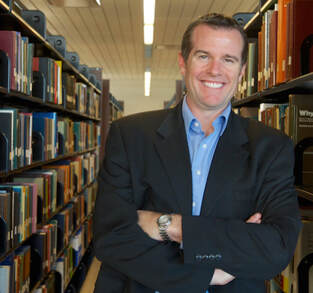
Listen to the episode by clicking the link to your preferred podcast platform below:
Reading, Writing, and ‘Rithmetic—the three Rs of learning. They’re still fundamental in all classrooms because they’re the foundation for future learning. Reading is a particularly important skill that Danny Brassell, guest on the Time for Teachership podcast, has devoted his life to. Danny’s goal is to make people love reading. Not to read because they have to, but to read because they want to. But schools are often oriented at teaching students how to read, rather than on why they should and how to love it. Reading cultivates curiosity, which enables learning. The question for educators is this: how do we encourage and promote this in the classroom? Fairness, not Equality Danny’s big dream for the field of education is to make it a fair place. Fairness is different from equality—in fact, it’s actually unfair to treat everyone the exact same because we all come from somewhere different. One of the benefits of the pandemic is how many things moved to online platforms. Today, you just need an internet connection and a laptop to access the same training, education, and knowledge as anyone else in the world. This is a step closer to making education fairer and will open opportunities for people who have been underserved and underprivileged in the past. Curiosity and Learning To reach our goals in education, such as making it fairer and more equitable, there needs to be constant growth and learning. This happens through curiosity. Danny spoke about how children are born curious—there’s no fear asking questions and no shame not knowing the answers. And in this way, we can learn a lot from children. Danny shared a story of a child in his elementary classroom who asked, “Where does it say that Humpty Dumpty was an egg?” Newsflash—it doesn’t! We adults think we know best and try to force that on children, but they are often more observant and more curious than we can ever be. How to Help Students Read Unfortunately, the education system often knocks that curiosity right out of students. So, we need to have a mindset shift towards cultivating and encouraging curiosity. One of the best ways to do this is through reading. Research shows that it doesn’t matter what you read, just that you read! In fact, the top percentile of students was shown to read just 20 minutes on average outside of school—the type of book didn’t matter. And, having someone read to you or listening to an audiobook has the same positive impact. Danny works with families and educators to promote the love of reading in children and students. He has a few tips on how to do it:
Reading cultivates a curious mindset, which helps students learn and grow. If you are looking to boost reading in your classroom or home, check out Danny’s free reading resource. Make sure to also catch his full episode on the Time for Teachership podcast, along with other great guests! 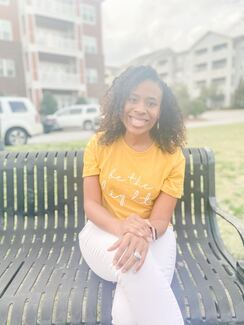
Listen to the episode by clicking the link to your preferred podcast platform below:
Statistics can help us understand a situation, but they can also be discouraging. Take this one, for example: one in four American students will grow up not being able to read. It’s a devastating reality that leaves many educators sad and frustrated. And for Lauren Jackson, recent guest on the Time for Teachership podcast, it’s led her to pursue literacy coaching and support educators in this area. With everything going on in the country and environment, teachers need to focus in on what’s in their locus of control, which is their classroom and their students. By recognizing that they’re not alone and can reach out for help, they can boost literacy and meet other education goals in their teaching practice. It Starts with Mindset Lauren’s passion for literacy was born out of her first teaching job. She worked in a low-income neighborhood where many of the students were not reading at their grade level. This prompted her to ask why and investigate the factors impacting literacy at her school. She realized that there was a one-size-fits-all solution that just wasn’t working for all students. So, she started to work on strategies to support students where they’re at and make sure she was addressing their unique challenges. To do this, Lauren shifted her mindset. Instead of getting frustrated and discouraged by student’s who weren’t improving, she put on the mindset that all students can be successful. She just needed to figure out how to do it. And this goes for every educator—if we keep the mindset that we’ll be able to find a solution to the problem, then it’ll be possible! Action Steps for Change To address problems and find solutions, educators need to first look at their data. It’s important to collect information about why something is happening before trying to solve it. From there, educators should can take a few action steps:
Sometimes teachers feel alone, like they’re the only one dealing with a specific issue or problem. But we’re not! There are so many people available to help you when you need it. We just need to be humble, admit that we need help, and then tap into available resources. One excellent resource for teachers are coaches. Lauren is a literacy coach, for example, and helps teachers and educators reach literacy and reading goals for their classroom. Here are some features of coaching relationships:
We all need help sometimes. And the quicker we can admit it, the quicker we can find those people who are able to help us out. Teachers and educators do their best work when they lean into their support system and work to find solutions together. One of the best ways to connect with Lauren and learn more about her work as a literacy coach is to listen to her podcast, the Lauren-Sophia Show. Also make sure to catch her full interview on the Time for Teachership podcast! |
Details
For transcripts of episodes (and the option to search for terms in transcripts), click here!
Time for Teachership is now a proud member of the...AuthorLindsay Lyons (she/her) is an educational justice coach who works with teachers and school leaders to inspire educational innovation for racial and gender justice, design curricula grounded in student voice, and build capacity for shared leadership. Lindsay taught in NYC public schools, holds a PhD in Leadership and Change, and is the founder of the educational blog and podcast, Time for Teachership. Archives
May 2024
Categories |
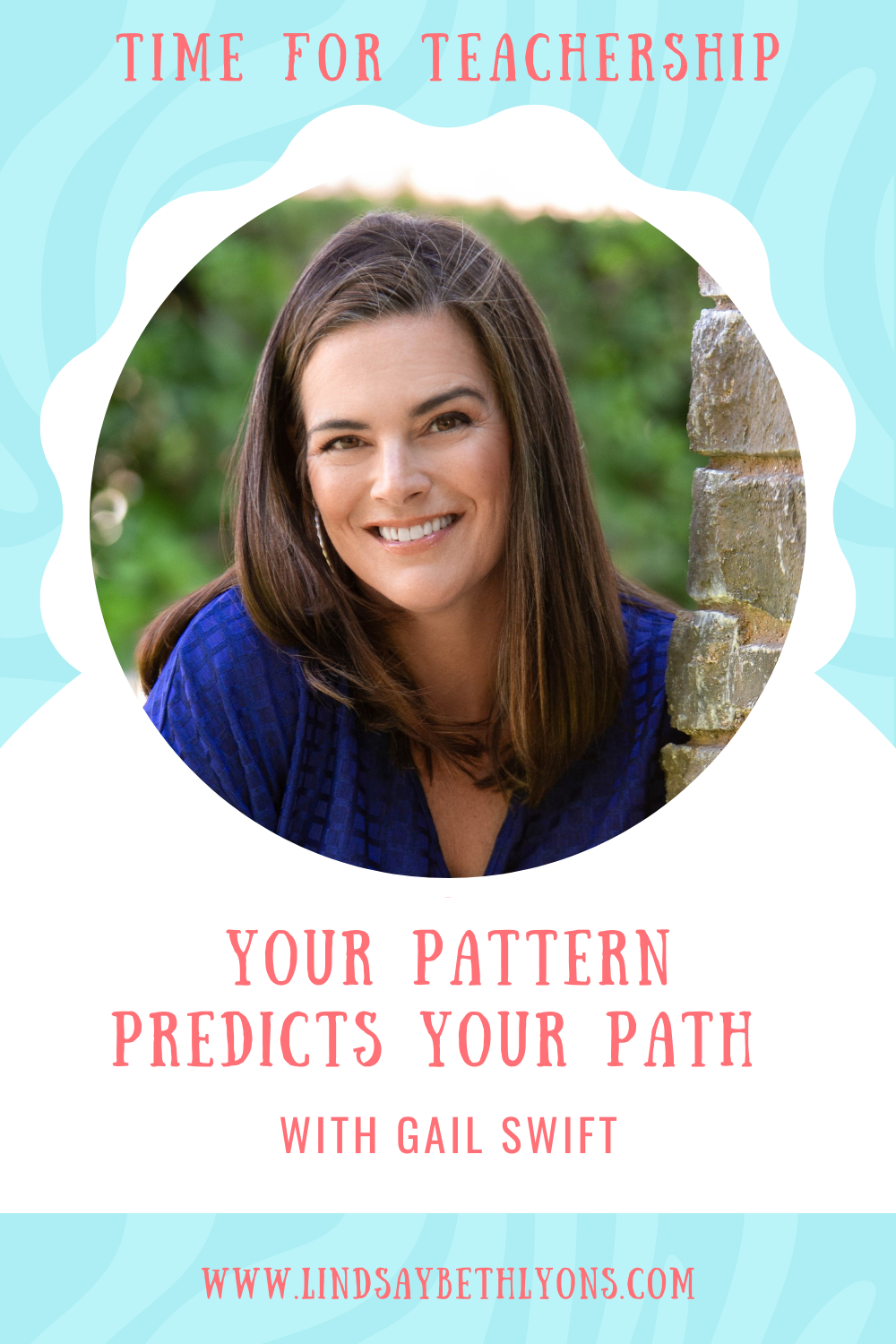
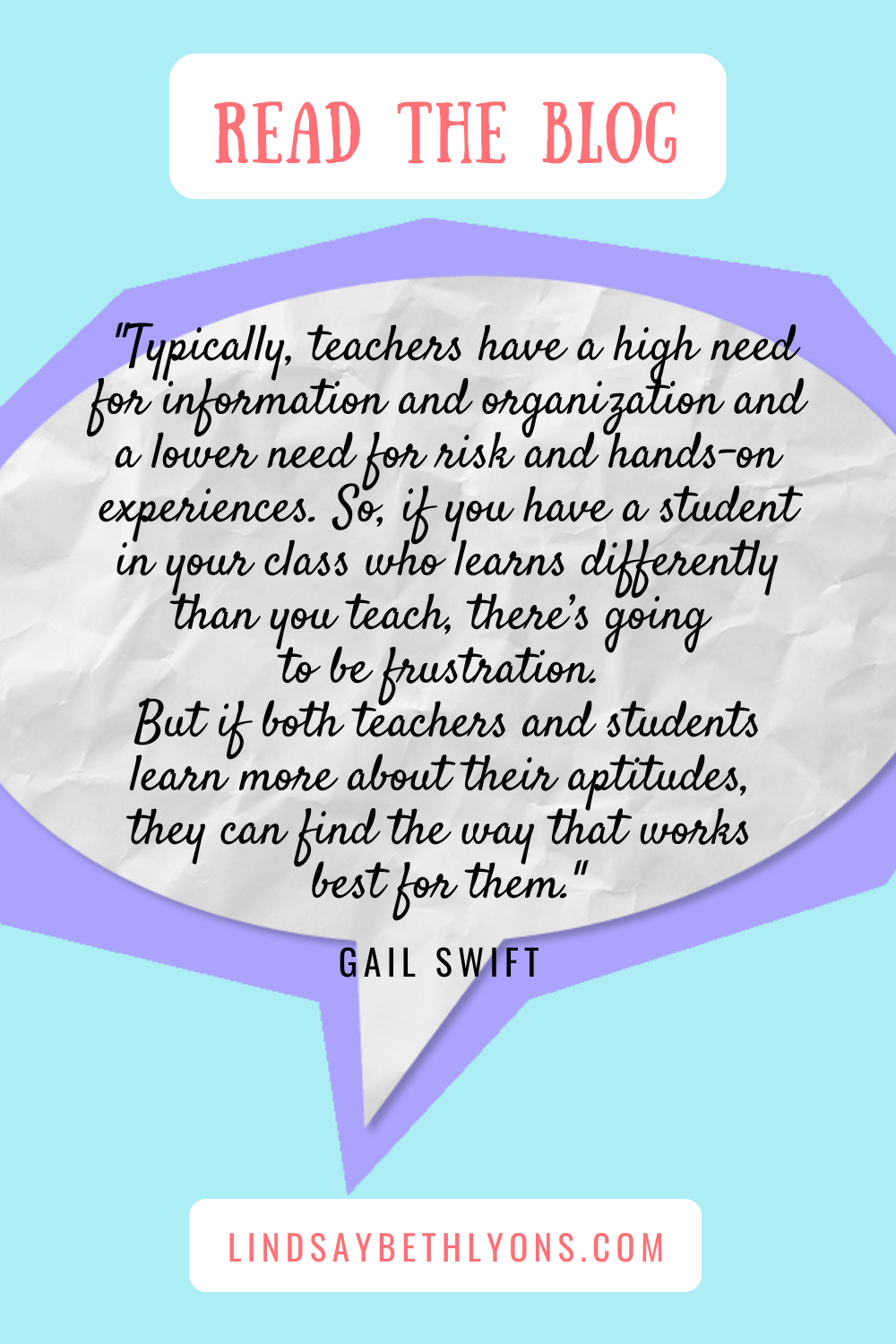
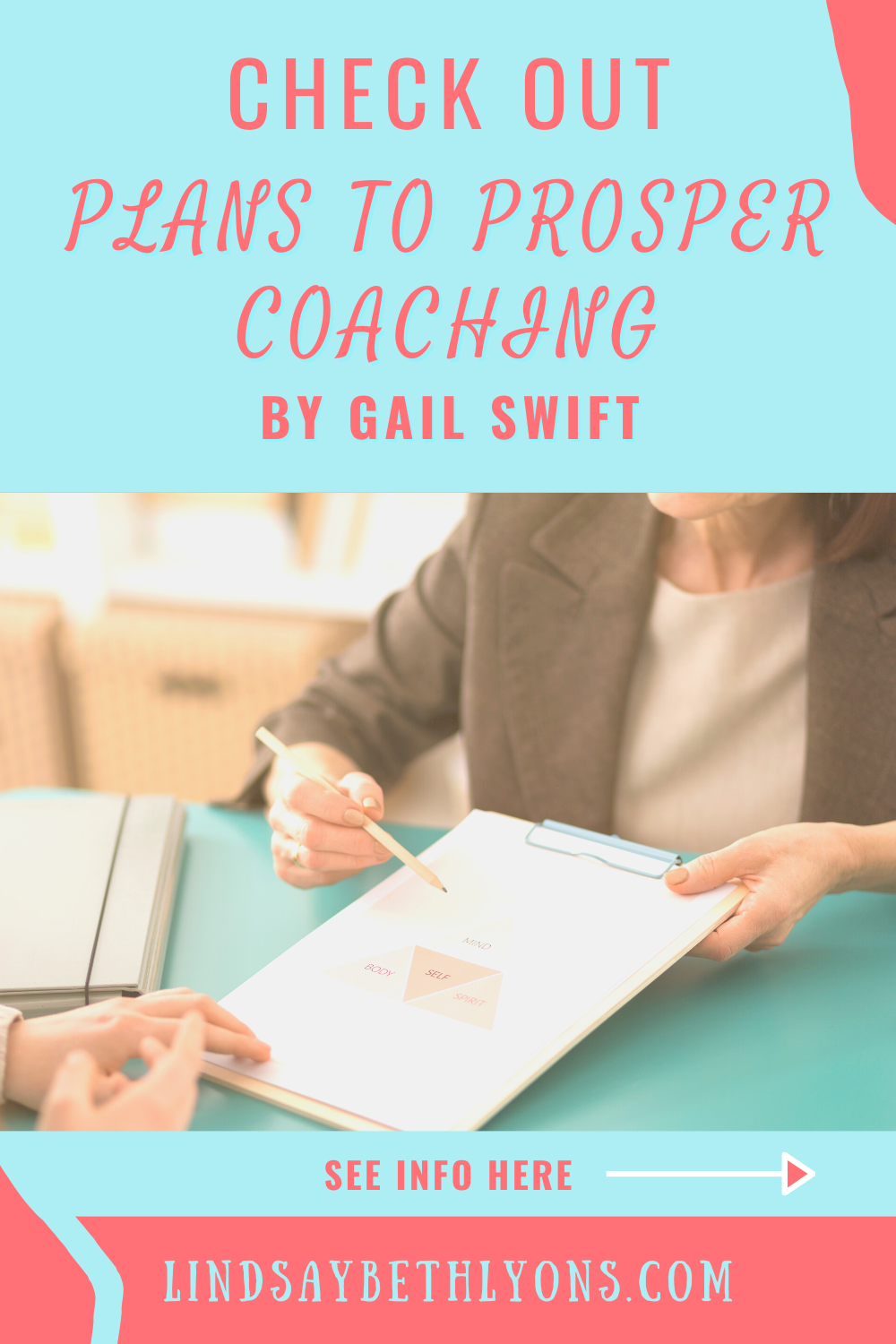
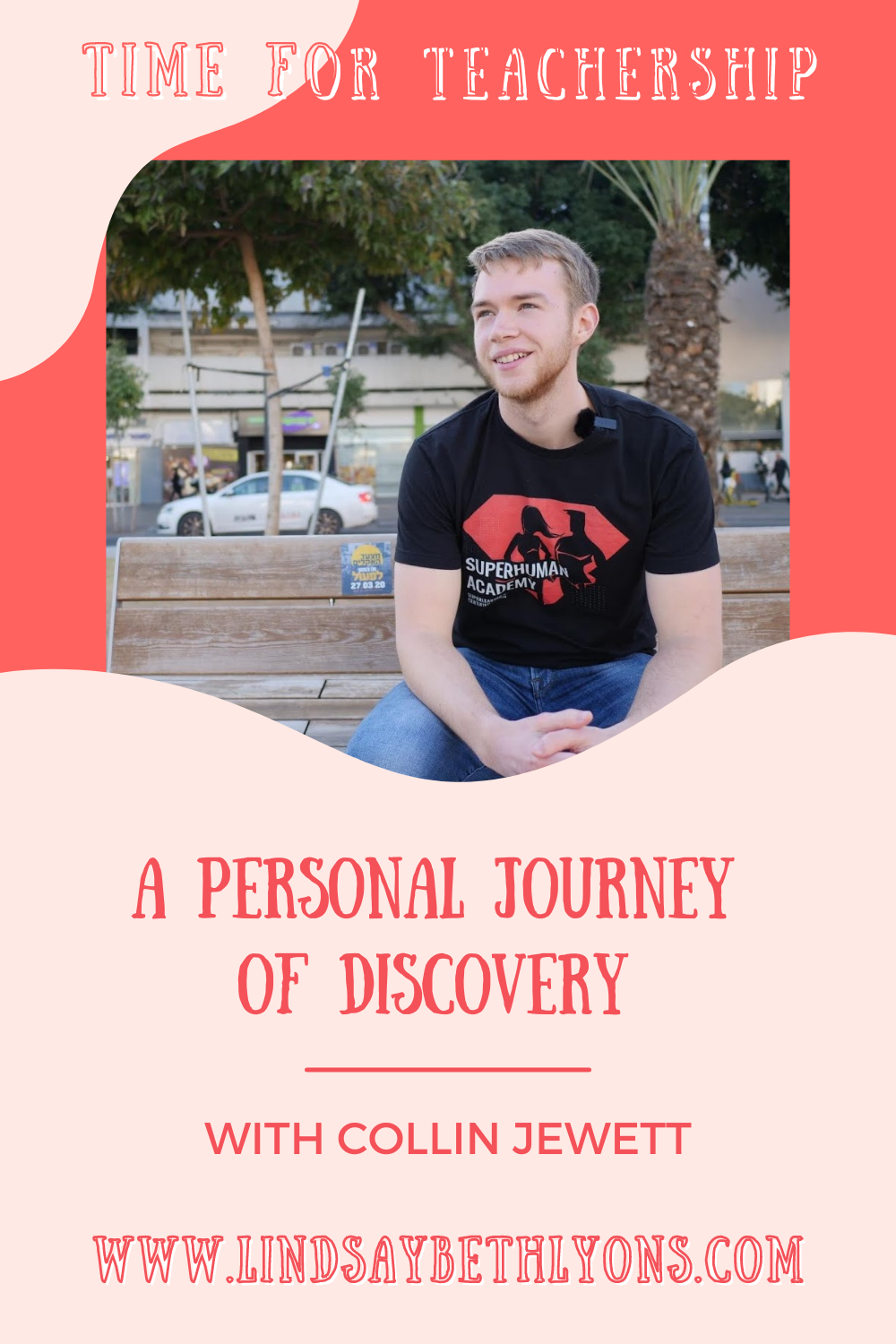
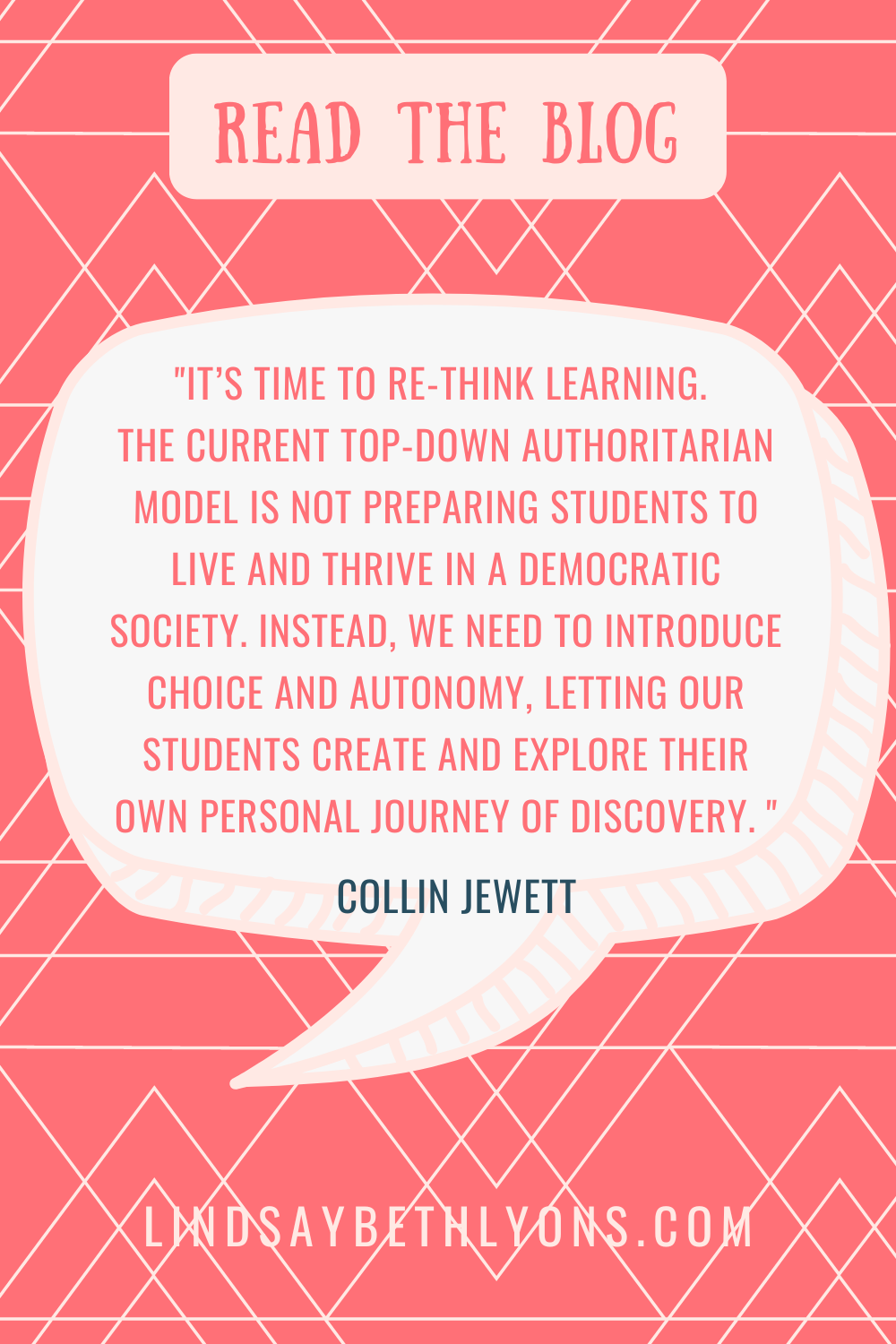
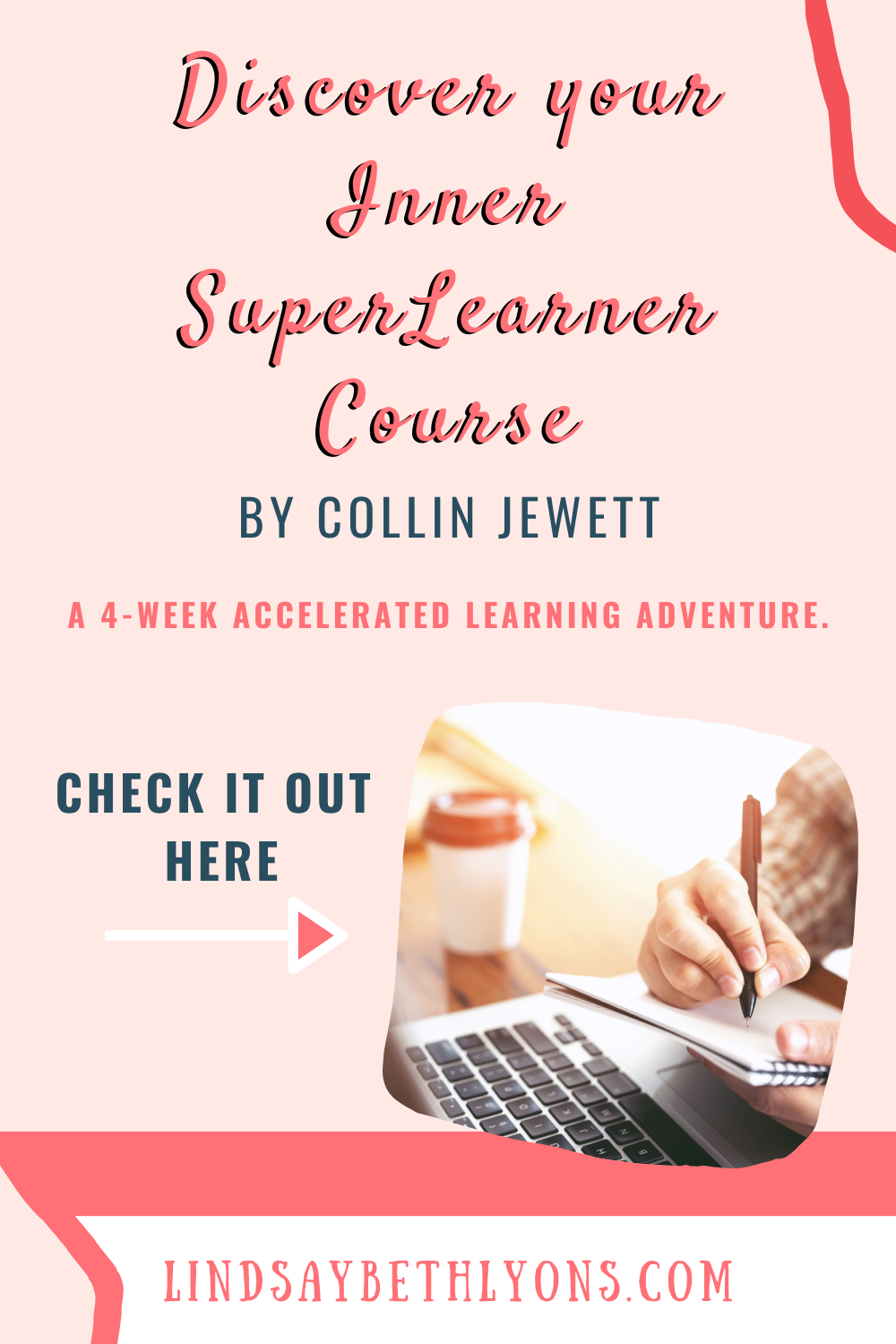
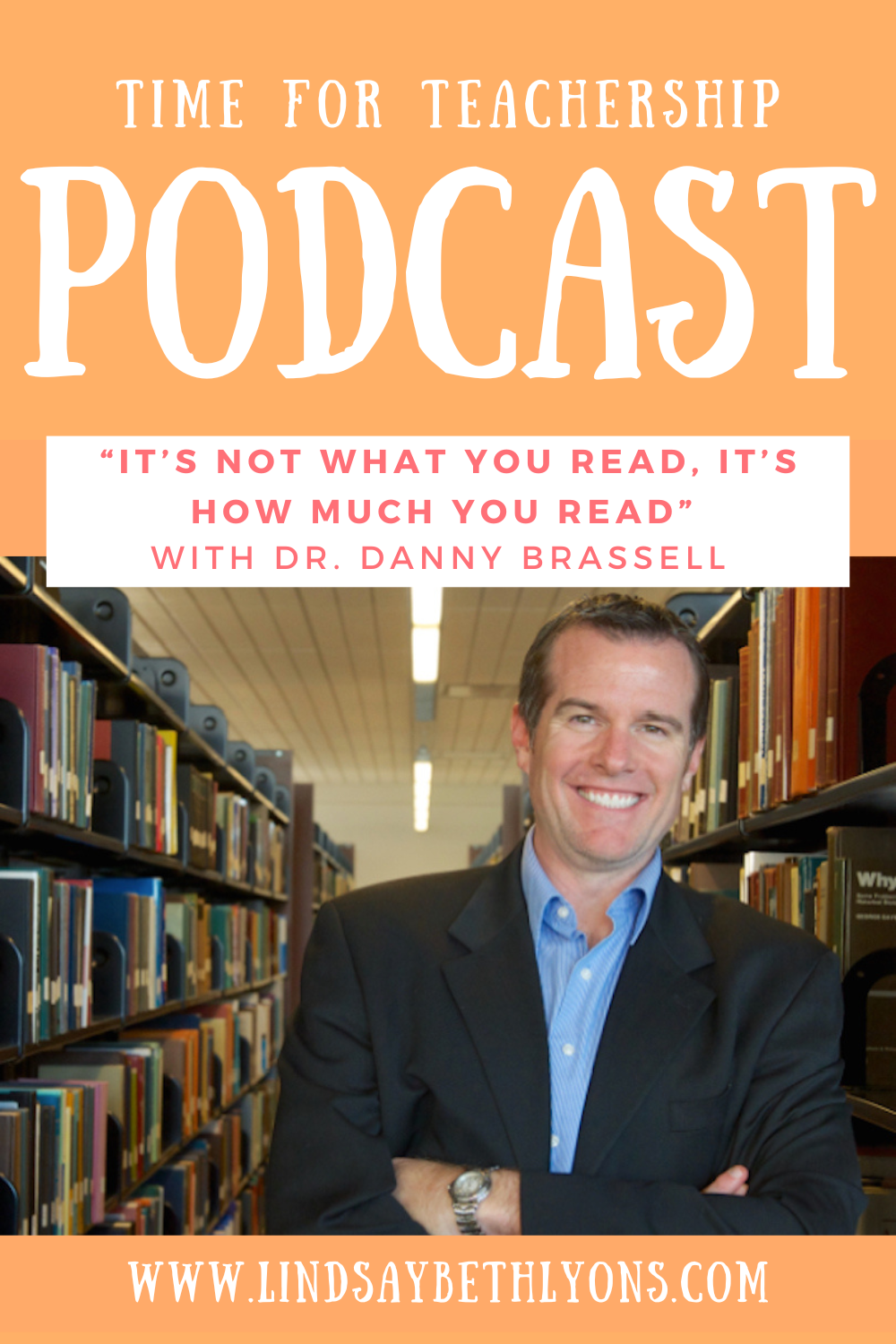
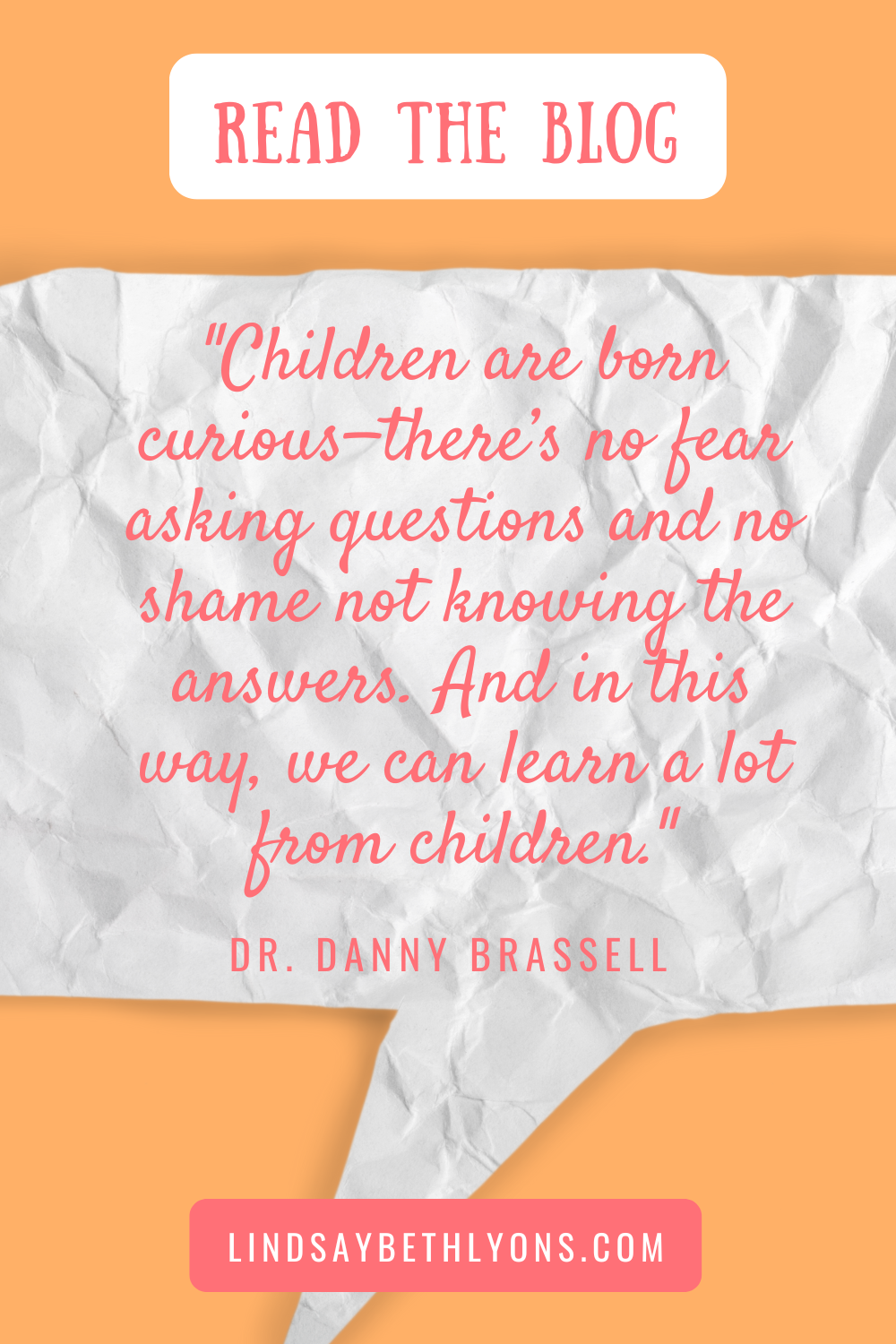
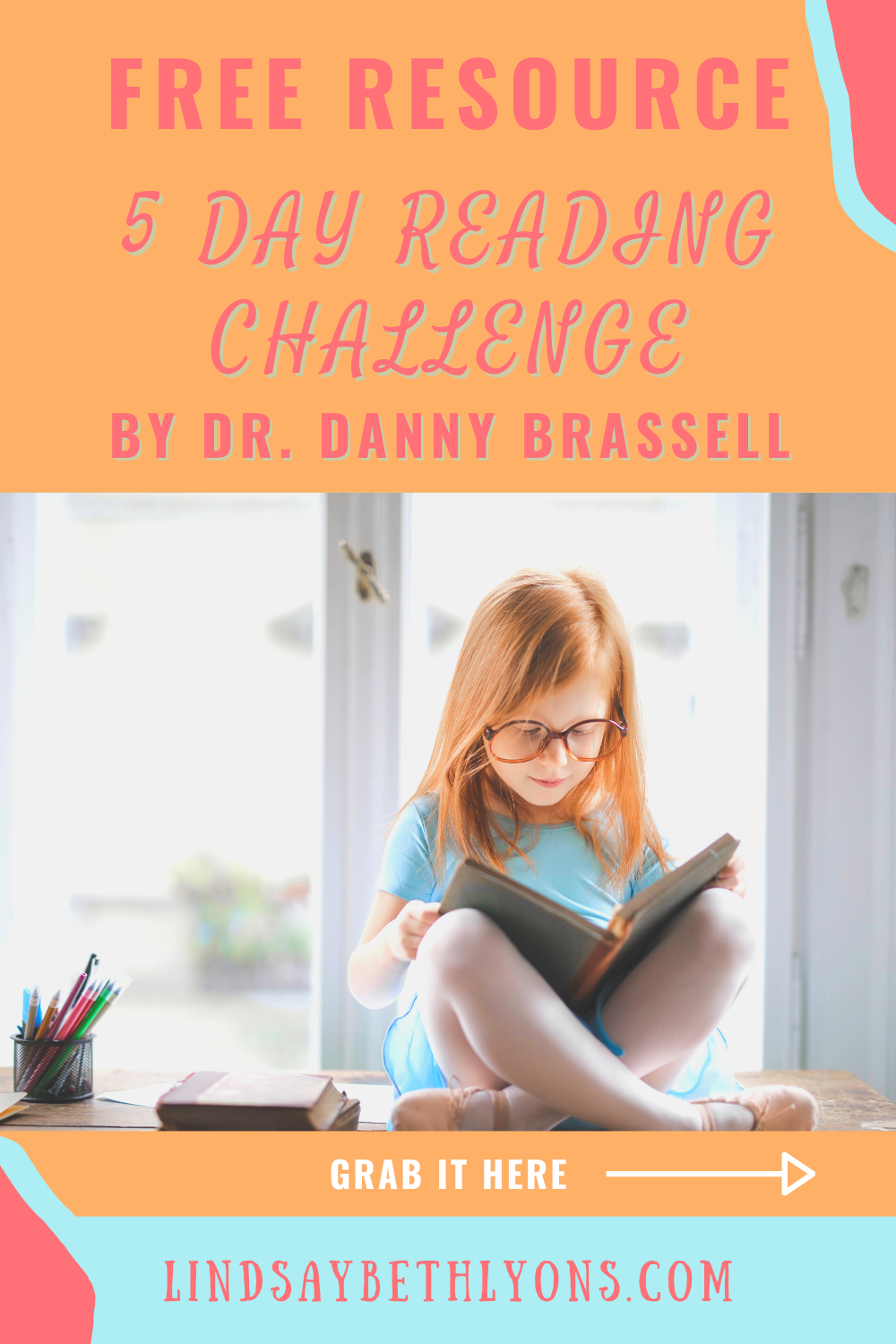
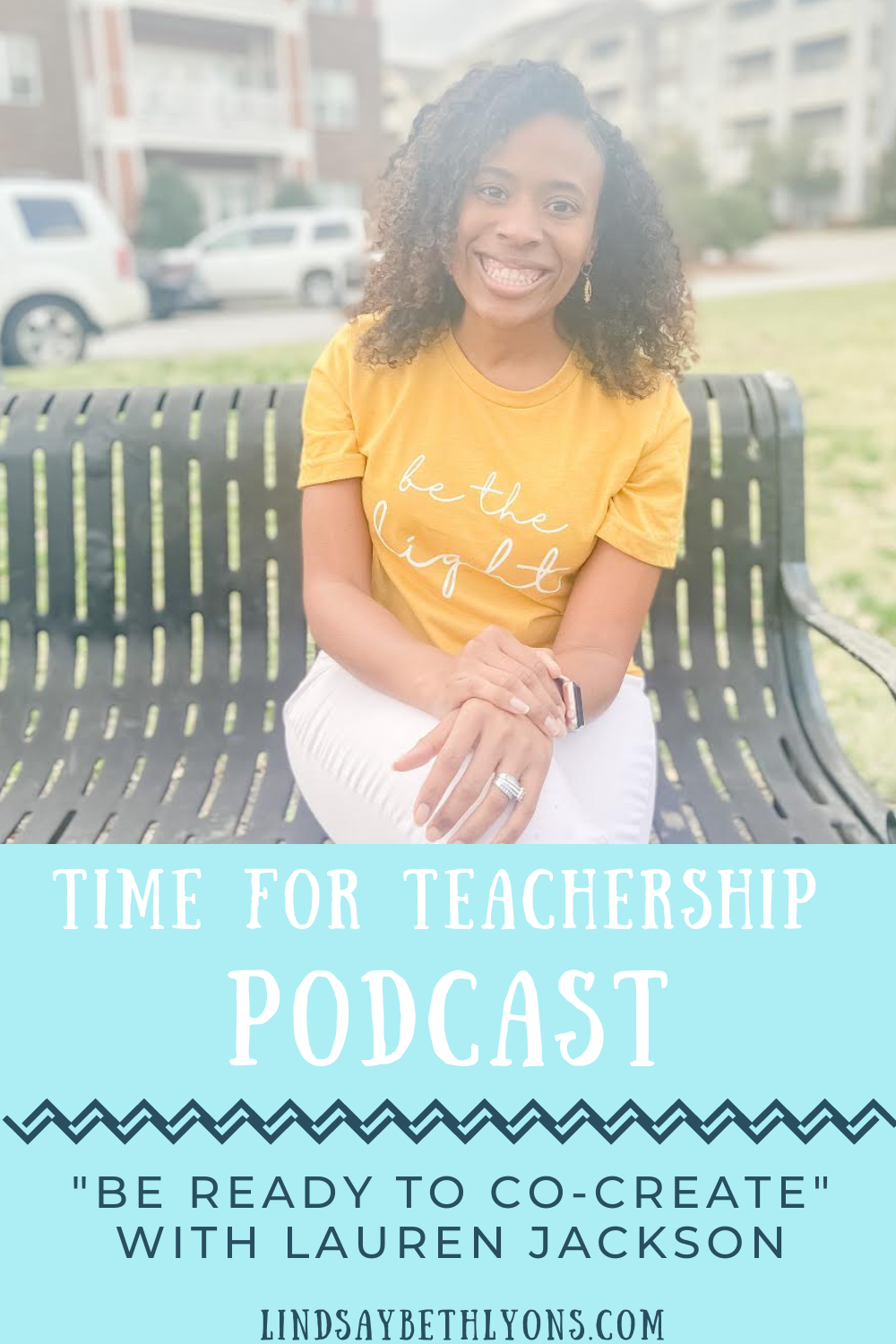
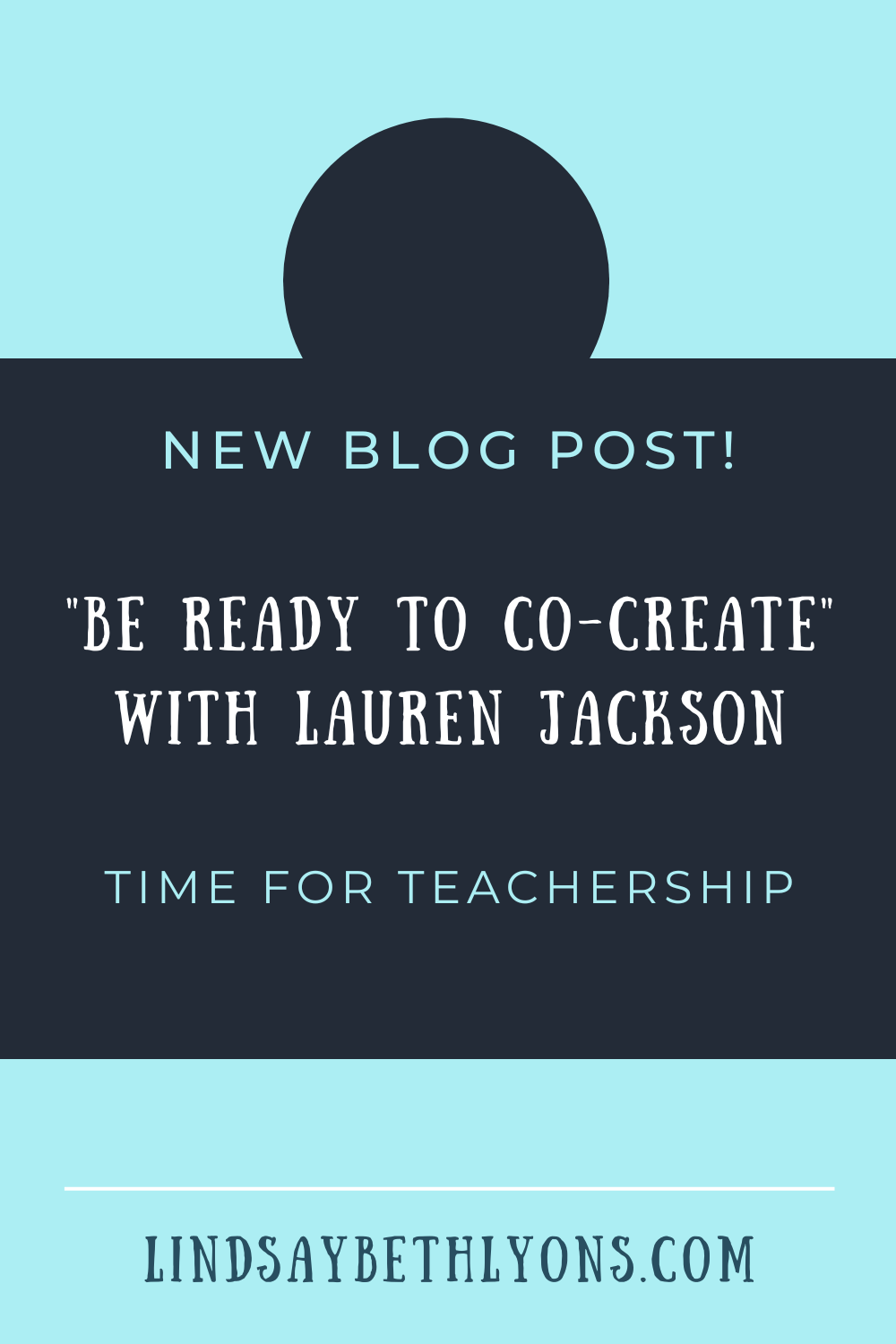
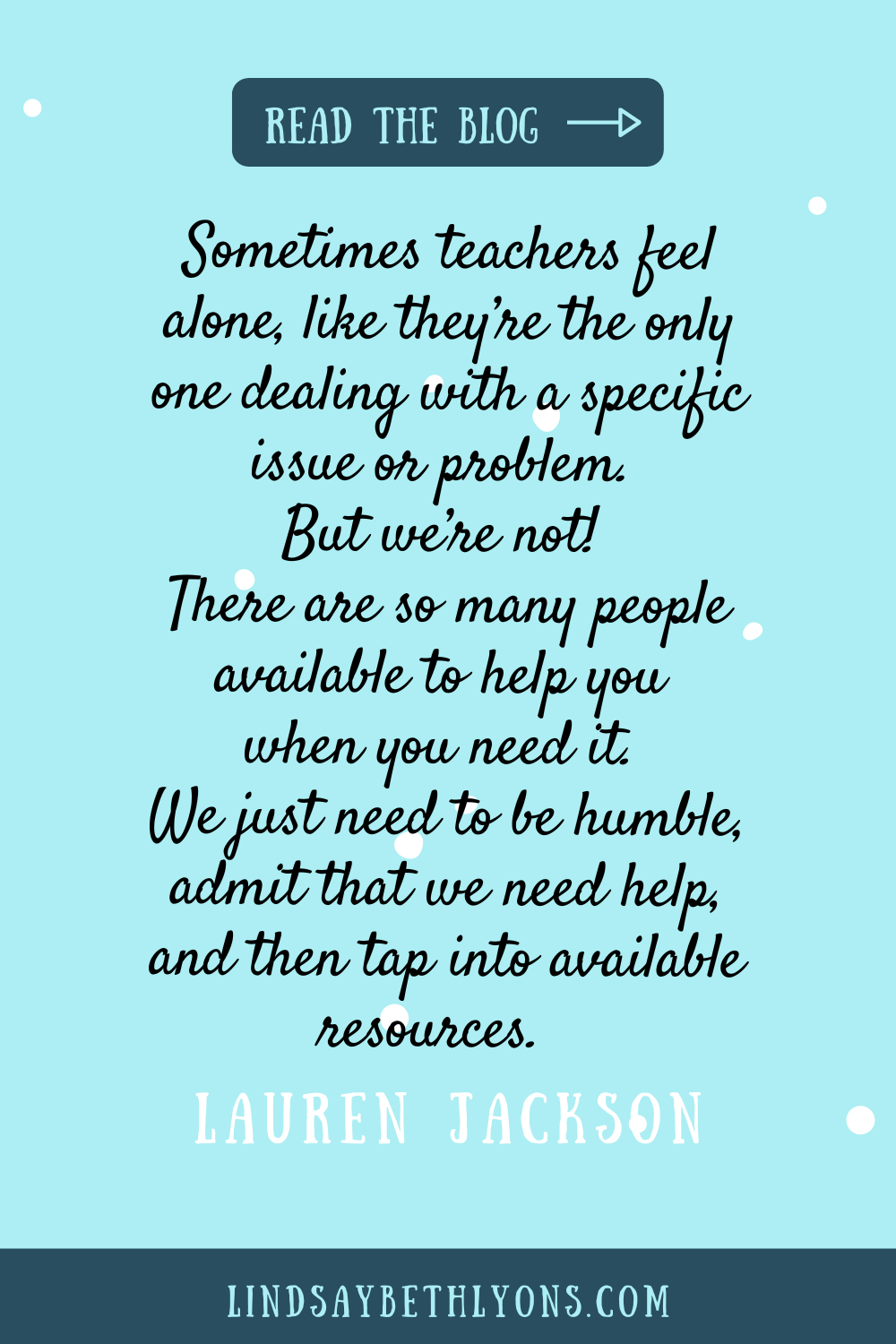

 RSS Feed
RSS Feed